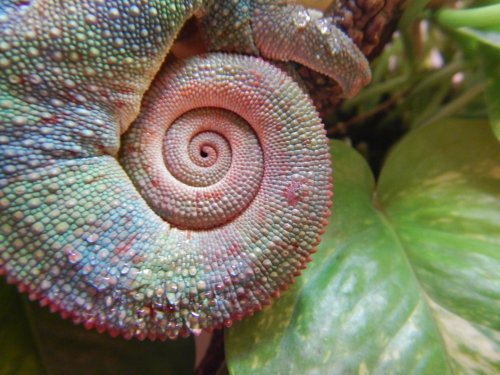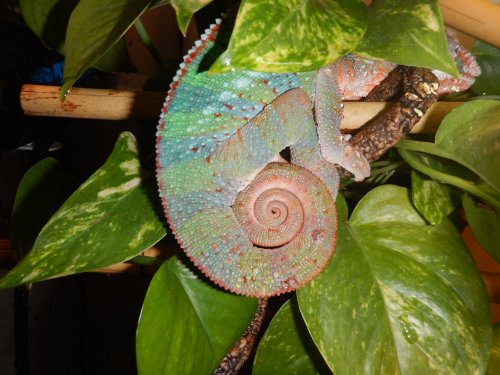Yoshi13
Member
For what it's worth I'm glad this thread came under discussion again I posted about a concern over this same sort of spot on our 9 month old ambilobe panther. We are now debating about whether to get a biopsy or not. He only has one spot now.



